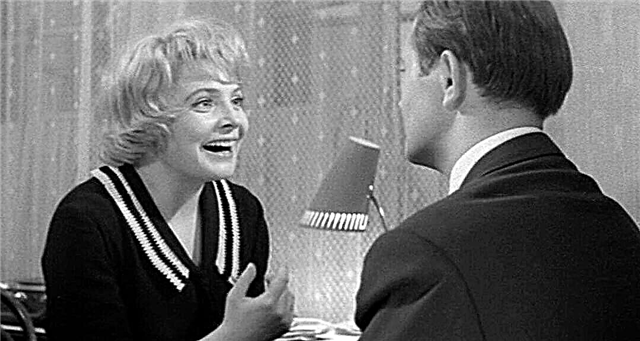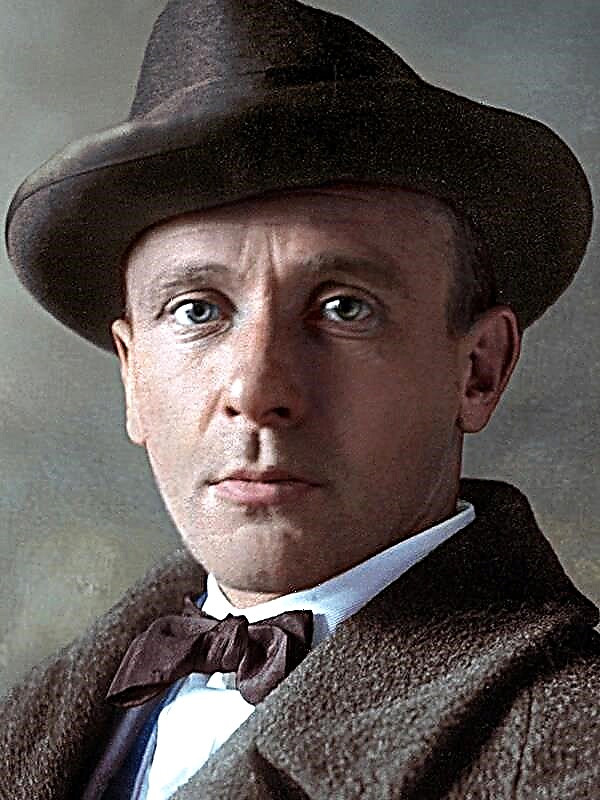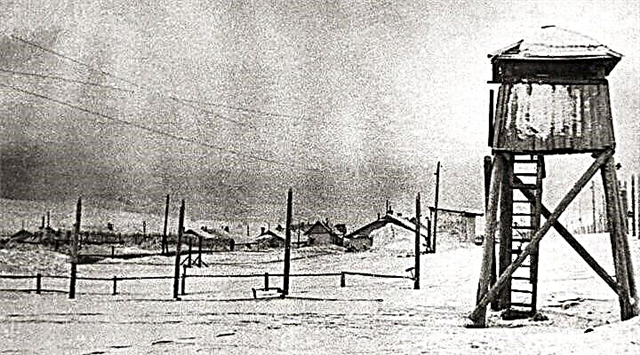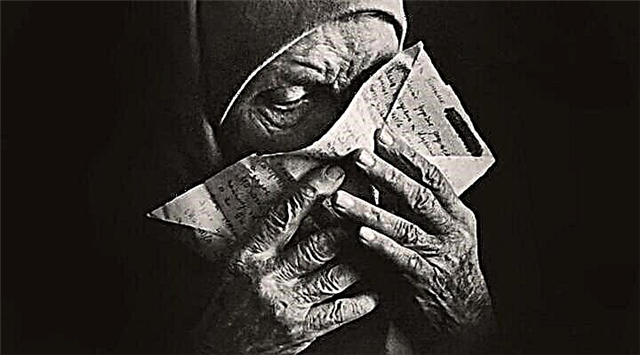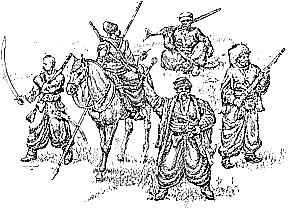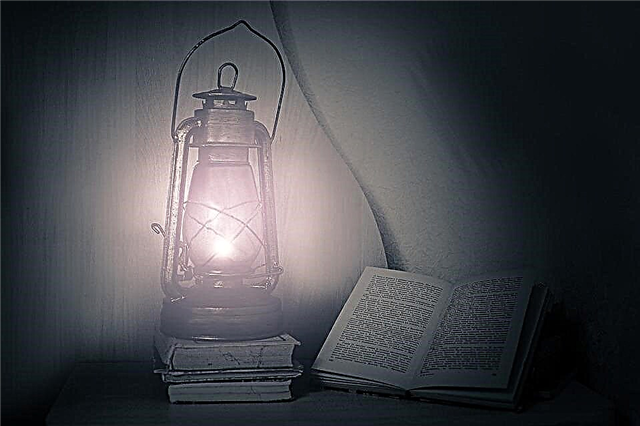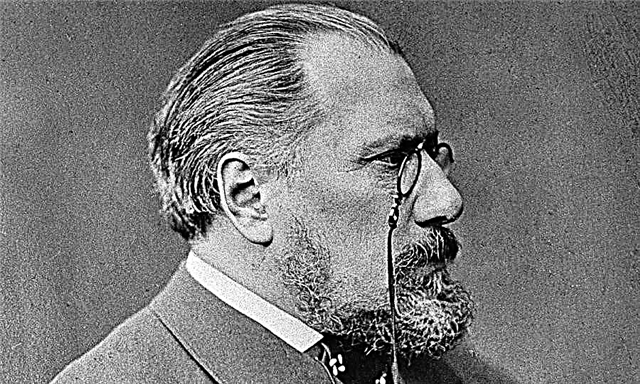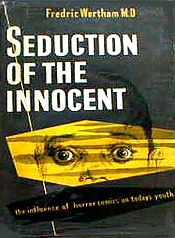(312 words) I have known the famous surname from two syllables since childhood, even before school, everyone around me was repeating about the merits of the great poet. At school, I also only heard about Pushkin’s work, it seemed that those around him praised him so much, as if he was no longer talking about anyone! If a favorite poet, then the first association is Alexander Sergeyevich Pushkin! And they will tell you to name ten of his works, so you won’t remember at once. At first, my attitude towards him was very contradictory: I understood that he was worthy of respect and reverence, but it was hard for me to personally penetrate him. It seemed that “Pushkin” is a monument, it is so great, and everyone says so much about it that it was elevated to some unattainable heights. Strange, but he seemed to me to be “non-existent,” that is, of course, I understood that such a great writer had gone down in history, but I began to see in him a figure who was paid too much attention. A worker, not a person.
However, I got acquainted with the poet's biography. I learned, say, about the deuce in mathematics, his wit, and twenty-nine duels prompted the idea that the great Pushkin was a real rake. Instantly from the Worker he was turned into a Man, because he is just like us! By the way, it is necessary to win the love of children for Pushkin in this way. Only after that I was able to appreciate his work.
Most of all, I was struck by the ability of Pushkin to reincarnate and realize himself in different genres and directions. In the end, I realized that it was impossible not to love Pushkin for his wonderful poems (“I Loved You,” “I Remember a Wonderful Moment,” “Nanny,” “To Chaadaev”). It is difficult to remain indifferent to his poems. For example, in The Bronze Horseman, the author so skillfully raises the problem of relations between the state and the "little man", that for poor Eugene his heart hurts. Pushkin's tales motivate to believe in miracles, and the story "Queen of Spades" even scares with its mystical elements. Well, of course, “Eugene Onegin” deserves a separate compliment, and the author’s manner is so elegant to tell a sad love story, and in the intervals between its vicissitudes, to reveal the whole essence of Russian life.

